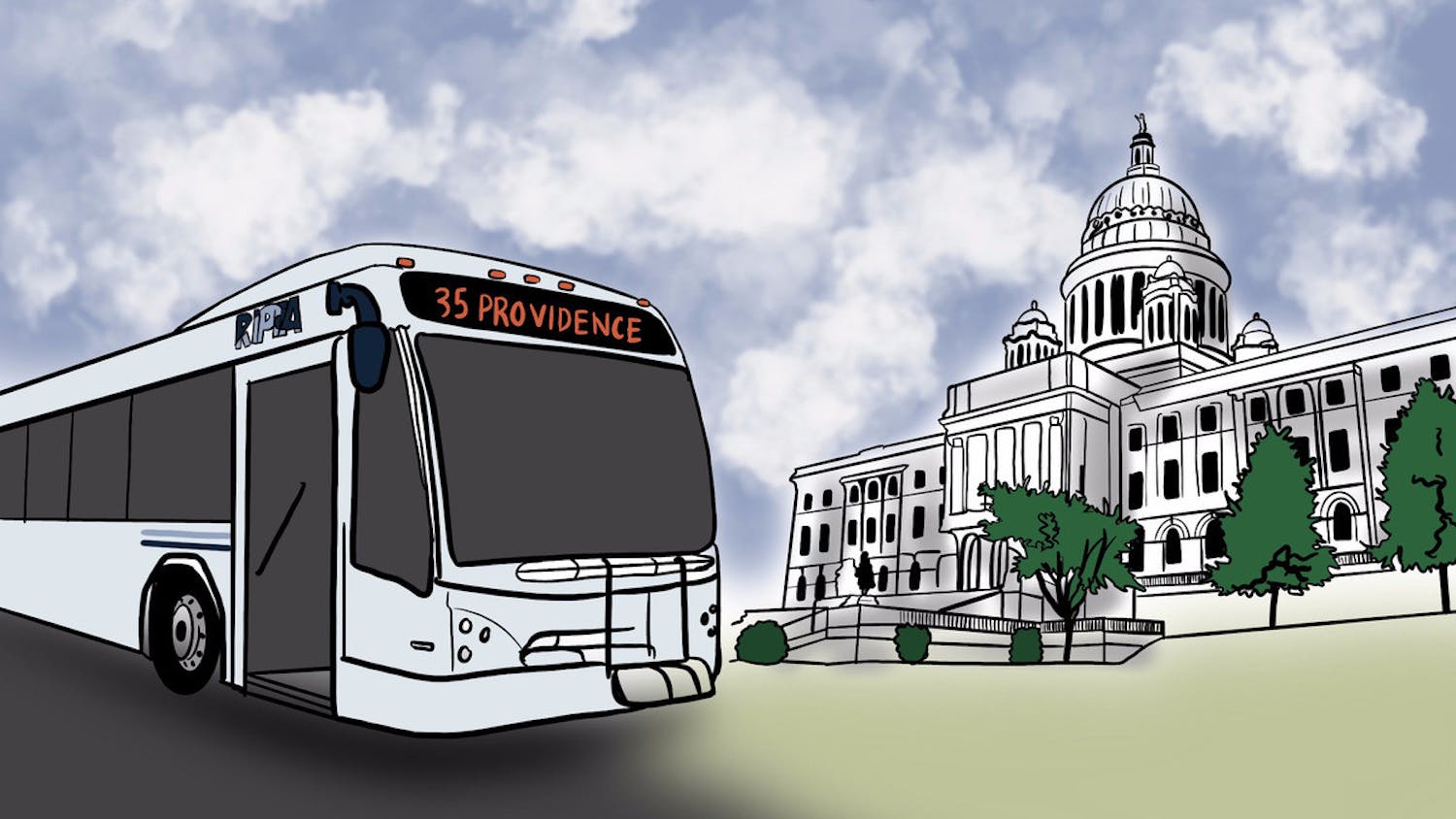In the wake of bankruptcy and major layoffs, Central Falls received some much-needed help from Brown environmental studies students this semester in their efforts to secure federal funding for disaster prevention and relief. The Federal Emergency Management Agency requires individual municipalities to update their disaster preparedness plans every five years to be eligible to receive grants. Central Falls has not updated its plan since 2005.
None of the city's government employees had the time or necessary expertise to revise the document on their own, and hiring a consulting firm for the task would cost $25,000 to $40,000, said J. Timmons Roberts, professor of sociology and environmental studies and director of the Center for Environmental Studies.
Stephen Larrick '11, planning and economic development coordinator for Central Falls, said he had already started looking into getting assistance from Brown when Roberts contacted him about collaborating with students in the environmental studies master's program.
Five of Roberts' graduate students were assigned last fall to study the city's current plan and share their findings with city staffers.
"We were told that the '05 plan was a pretty good foundation," Larrick said, but the students identified some weaknesses and areas for improvement.
To continue their efforts, Roberts enlisted the 31 undergraduate students enrolled in his spring 2012 course, ENVS 1920: "Analysis and Resolution of Environmental Problems/Case Studies," to produce a report containing additional research and suggestions for updating the plan.
The students divided into 11 groups, each working on different sections of the report, which is composed of historical data, risk assessment, community outreach and other areas of implementation.
Roberts said the report includes research and findings previously overlooked by Central Falls and other cities in the state, especially the influence of climate change on weather patterns. It would be "irresponsible" to not consider the effects of climate change for cities and states nationwide, Roberts said.
"It had very little about heat waves," he said of the 2005 plan, adding that such events are expected to increase significantly in the future. "People are really unprepared."
Another critical component of the report is outreach to community members and organizations, Roberts said.
Research into hazard mitigation procedures of other cities identifies community outreach as key to a successful plan, said Rebecca Rast '13.5, class member and contributor to the outreach section of the report.
Setting up meetings and focus groups at public venues such as schools and nursing homes increases trust between city government and the community regarding hazard preparedness, she said.
Students working on the report also identified the most "high-risk populations" who may not have access to information concerning hazard mitigation procedures, including incarcerated individuals, senior citizens, homeless individuals and those who rely solely on public transportation, Rast said.
Students also reached out to organizations representing non-English speakers in the community, such as immigrant and worker advocacy groups like Progreso Latino and Fuerza Laboral. This outreach is especially important in Central Falls, where 65 percent of the population identifies as Spanish-speaking, Roberts said. Rast's group also suggested providing translations of meetings and materials to the community in Spanish, Portuguese and Creole.
The report, which was presented to city officials March 22, is currently under review to decide what portions will be added to the official plan, which will be submitted for funding eligibility this summer, Larrick said.
"I see it happening again," Larrick said of future collaborations between Brown students and Central Falls. "It needs to happen again."
Larrick, who concentrated in urban studies, said his understanding of the impact students can have on small communities is what drew him to his position in Central Falls' city government. "Brown students don't think of themselves as experts in their field yet," he said, "but they do have real skills they can bring to bear in real world scenarios."
Rast said her experience with the project helped educate her about the complex relationship between Brown as an institution and its neighboring communities and gave her the experience of putting student knowledge to work outside the classroom. "We don't have all the answers," she said.




